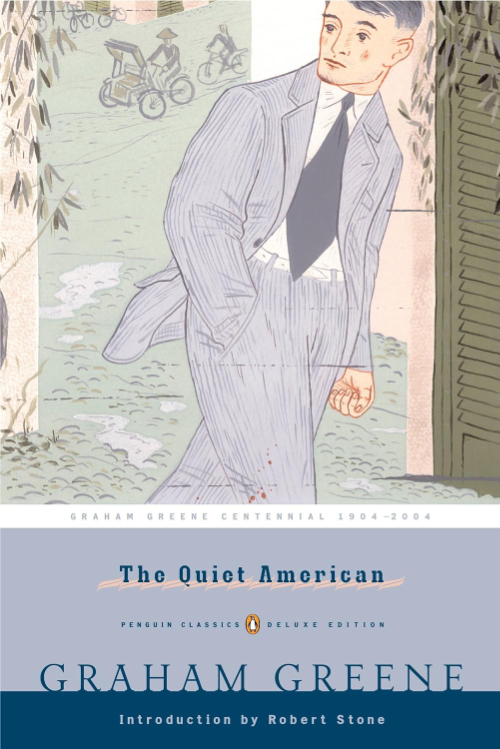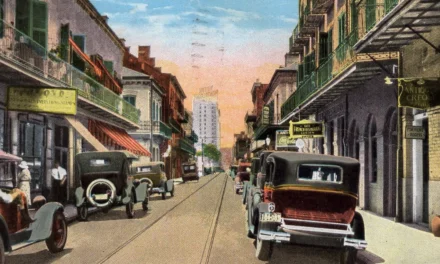
Dangerous Naïveté in 1950s Vietnam: ‘The Quiet American’ Book Review
Graham Greene, The Quiet American. First edition published by William Heineman, London, December 1955.
I know I’m not alone in loving this novel by Graham Greene, but even if I were, I would still love it. Greene’s writing style is so beautiful: his prose is often poetry. And although The Quiet American is a gripping story about murder, love, and war, it is also an exploration of the basic existential question of what it means to be human.
Set in Vietnam in the waning days of the French colonial presence and the beginning of American involvement, the story is narrated by British reporter Thomas Fowler. Fowler has been posted to Saigon for several years. He loves the city and his young Vietnamese mistress, Phuong. He affects a cynical detachment from the fighting and from the politics that underlies it. He prides himself on not being involved:
“It had been an article of my creed. The human condition being what it was, let them fight, let them love, let them murder, I would not be involved. My fellow journalists called themselves correspondents; I preferred the title of reporter. I wrote what I saw. I took no action—even an opinion is a kind of action.”

Buy ‘The Quiet American’ on Amazon
As an Amazon Associate, I earn a commission from qualifying purchases
Fowler’s neutrality is challenged by events, however, after he meets the “quiet” American Alden Pyle. Pyle is an idealist who says he has come to Vietnam as part of an American economic mission, but his real mission may be different. He believes that America’s motives for intervening in Vietnam are altruistic and that he and his colleagues can help save Vietnam from Communism. Fowler thinks Pyle’s view is informed only by abstract theory and is dangerously innocent.
Pyle latches on to Fowler and tells him that he considers him his best friend. Unfortunately, he also falls in love with Phuong and feels bound by honor to get Fowler’s permission to love her. The resulting love triangle dominates the relationship between Fowler and Pyle. And it becomes intertwined with the unfolding political events in Saigon.
As a result, Fowler must ask himself whether neutrality—either in love or in war—is best, or whether it is even possible. As Fowler’s Communist acquaintance Mr. Heng tells him, “Sooner or later … one has to take sides. If one is to remain human.”
Copyright © Brian Lokker 2022, 2023.







